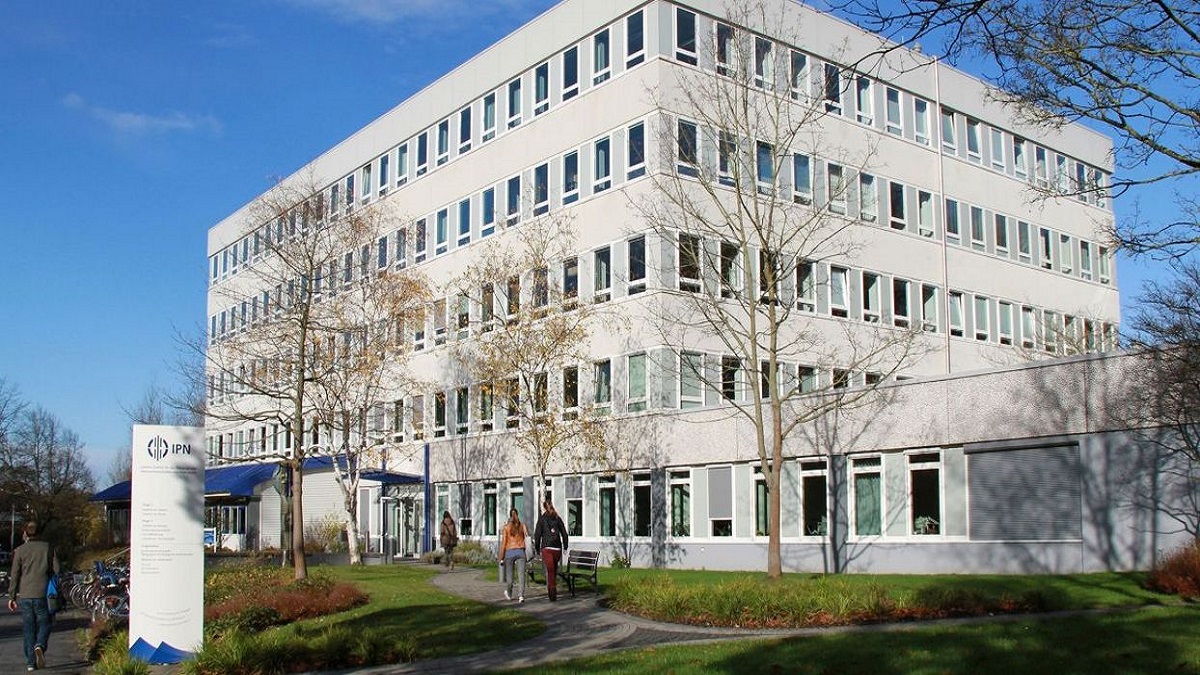
The Leibniz Institute for Agricultural Engineering and Bioeconomy is a pioneer and a driver of bioeconomy research. We create the scientific foundation to transform agricultural, food, industrial and energy systems into a comprehensive bio-based circular economy. We develop and integrate techniques, processes and management strategies, effectively converging technologies to intelligently crosslink highly diverse bioeconomic production systems and to control them in a knowledge-based, adaptive and largely automated manner. We conduct research in dialogue with society – knowledge-motivated and application-inspired.
Within the framework of the BMBF-funded project “NewFoodSystems (Sub-project: Sustainable and resilient cultivation of insects for innovative use in feed and food production – reKultI4Food)” the following position is to be filled as of October 1st, 2022
Scientist (m/f/d)
(75%)
The use of insect protein derived from by-products and residual streams from the cultivation and production of food could significantly improve the sustainability of animal husbandry by closing gaps in nutrient cycles. However, the economic production of insect protein can be challenging due to insufficiency of specifically optimised production and processing methods and therefore, it cannot compete in price with conventional protein feeds such as fish meal or soy. In addition, the value-added potential of insect ingredients has hardly been exploited so far. Making scientific contributions, minimising future protein deficits and at the same time improving the sustainability of food production as well as increasing the economic viability of insect proteins are the overarching goals of the project. Focusing on the black soldier fly, Hermetia illucens, which is promising for feed and food production, the following sub-objectives are pursued: 1) a better understanding of nutrient utilisation and nutrient requirements of insect larvae, 2) their application for production-relevant quantitative and qualitative improvement of sustainable insect production through the utilisation of relevant residues, 3) detailed knowledge of consumer- and authority-relevant microbiological parameters in the context of insect protein production, and 4) the evaluation of the use of insect protein in an innovative practical trial for feeding in aquaculture.
Your responsibilities
- Planning and conducting experiments to evaluate insect-substrate interactions, considering safety aspects along the insect production chain
- Adapting available microbiological techniques (MALDI-ToF, DNA sequencing, etc.) to determine the dynamics of microbial community during insect cultivation and processing
- Broadening the spectrum of specific analytical methods to evaluate the entire insect processing pathways
- Presentation of project results at scientific conferences and stakeholder meetings
- Writing project reports and scientific publications
Your qualifications
- Excellent university degree in food technology, agricultural engineering, chemical engineering (Diploma or Master of Science)
- Advanced level of scientific working experiences in the area of insect cultivation and processing
- Experiences with insect-associated microorganisms and working with human pathogens (RG2)
- Experiences in the application of insect-based feeds for aquacultures
- Knowledge in statistical data analysis
- Willingness to use BioNumerics software to evaluate the microbial diversity
- High level of interest in interdisciplinary cooperation at the interface of microbiology and processing technology
- Very good written and spoken English skills
- Ability to work in a team and willingness to cooperate, reliability, flexibility, personal commitment and independent work
- European Driving license class B is required
We offer
- An attractive, interdisciplinary working environment in a team of experienced and young scientists and technicians
- Excellent infrastructure for carrying out scientific work
- Opportunity to do a doctorate within the project including the possibility to participate in structured doctoral programs
- Access to national and international networks for your scientific career
- Family-friendly working conditions that promote the compatibility of work and family life
- Company-owned electric bicycles for business trips
- Participation on the VBB company ticket
- Our institute is located on the edge of a picturesque park-like landscape and is easy to reach by public transport or by bike
The part-time position (75%) is limited until October 31st, 2024. An extension for a further 6 months is possible subject to the approval of the requested funding.
The salary will be based on your qualification and professional experience according to TV-L up to salary group 13.
For further information, please contact Dr.-Ing. habil. Oliver Schlüter (oschlueter(at)atb-potsdam.de).
If you would like to contribute your professional competence to our interdisciplinary research, please apply by the following deadline August 21st, 2022 using ATB’s online application form for the job advertisement, code 2022-6-3, at https://www.atb-potsdam.de/en/career/vacancies. Applications received after the application deadline cannot be considered.
Equality of opportunity is part of our personnel policy. Disabled applicants with adequate qualification will be preferentially considered.
By submitting an application, you agree that your job application documents will be stored for a period of six months, even in the case of an unsuccessful application. Further information on the processing, storage and protection of your personal data can be found at https://www.atb-potsdam.de/en/services/data-protection-declaration-for-the-application-process.





